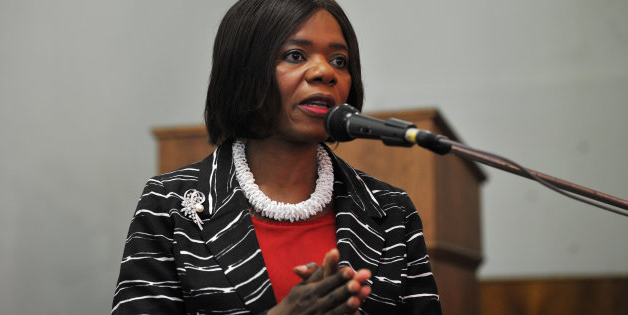
My time in the office of the public protector afforded me the opportunity to interact with young people and I got to learn that the youth does not want democracy, they want freedom. Democracy has been around for centuries; however, it is rigid and it needs to be implemented in a way which it ensures that it works for all. Socialism and communism have been tried but have not necessarily worked.
Ultimately, for a democracy to work, there has to be trust — that whatever is done — advances everyone’s life and is in everyone’s best interests. Democracy is what South Africa has now but looking back at the past 2,000 years, we can evidently see that it hasn’t worked. Therefore we need to know how to make it work for us now.
The poverty trends report has highlighted South Africa’s situation. And it speaks to the reality of socioeconomic exclusion. Looking at the report, made me think whether NSFAS has ever considered that the students receiving funding are essentially living under the poverty spectrum. Which is why many of the girls don’t have sanitary towels because they cannot afford personal health care.
If we [as the civil society] are to intervene — we need to ask ourselves how are we going to go about this?
This highlights the fact that socioeconomic exclusion is an integrated problem. One cannot look at solving one aspect without looking at the host of contributing factors which lead to socioeconomic exclusion as a whole.
And an important tool for getting individuals out of poverty is education and language, we need a language that affirms people and facilitates inclusion — so language plays a big role in terms of ensuring that inclusion in all spheres is attended to, particularly in the instance of mental health.
To read more click here




